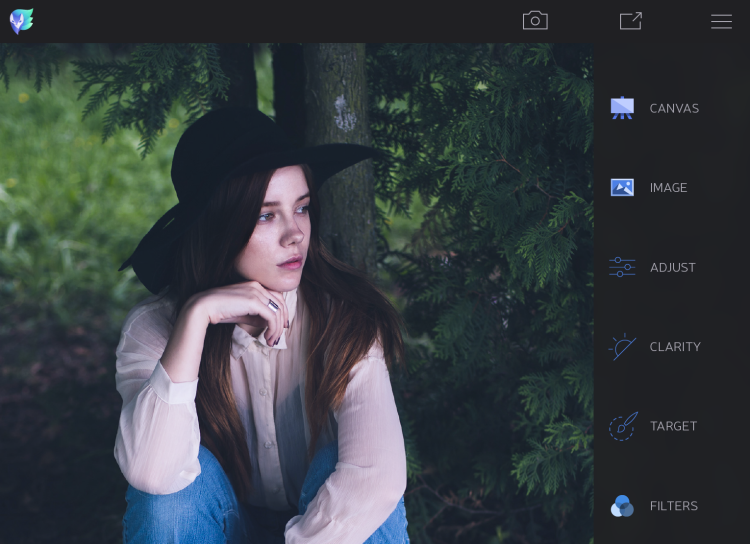Four months after releasing the powerful photo editing app Enlight for the iPhone, Jerusalem-based Lightricks announced today the release of a version for the iPad.
Before Enlight, Lightricks was best known as the company behind Facetune, the self-portrait editing app that was no. 6 on the paid apps chart for Apple’s App Store in 2014. Facetune remains a top-10 paid app after selling more than 4 million downloads since its release in 2013.
Enlight has also gotten off to a fast start with more than 1 million downloads of the app, which costs $3.99 to $4.99. So far, Enlight has been ranked No. 1 in 120 different countries’ App Stores, and sales are continuing to accelerate, according to Itai Tsiddon, one of Lightricks’ cofounders and director of business development.
Since the release, users have been clamoring for a companion iPad version. The new app carries a similar price tag, but will be available for free to users who had already paid for the iPhone version.
“We chose to make it universal for iOS,” Tsiddon said. “User satisfaction is the most important thing for us. And we want to make Enlight king of the hill when it comes to creativity on mobile. And to do this, we want to put it in as many hands as possible.”
Lightricks has been one of the more remarkable mobile success stories of the past two years. With 30 employees now, the company has still not taken any outside investment.
Despite its modest size, the company has grand ambitions of becoming the leading mobile imaging editor, supplanting desktop incumbents such as Adobe. And its success to date points to several interesting mobile trends.
First, Lightricks is betting that as smartphones have gotten more powerful, they are ready to handle more sophisticated software.
The four PhDs who started Lightricks built something they call the LTEngine, an advanced visual processing engine for mobile platforms. This is the engine that powers Facetune and now Enlight.
And this leads to the second trend: The company remains focused on iOS, where users and the iPhone and iPad offer a better market for paid app downloads.
Tsiddon said the company is thinking hard about how to make that model work on Android phones, which, by their nature, cover a far more diverse set of hardware and tend to be far more scattered in terms of which version of the OS they are running.
“We need to crack the formula of selling premium software on Android,” he said. “We’re working on it. But we don’t have a date on that.”
With the release of the iPad version, the company is adding several new features, including better tools for fixing photo defects, an easier workflow, and the ability to create animations of photo editing sessions that can be shared with other users.
One surprise for the company is that using Enlight has become an extremely social experience. As people dig deeper into the suite of editing tools, they are using Twitter and Facebook to exchange tips and tutorials.
With the animated sessions, users will now be able to capture and share their editing workflow directly from the app so others can use the same techniques.
“The beauty of it is that it enables people not only to learn in a top-down manner, but you can also teach each other,” Tsiddon said. “We’re excited to see how it spreads.”


